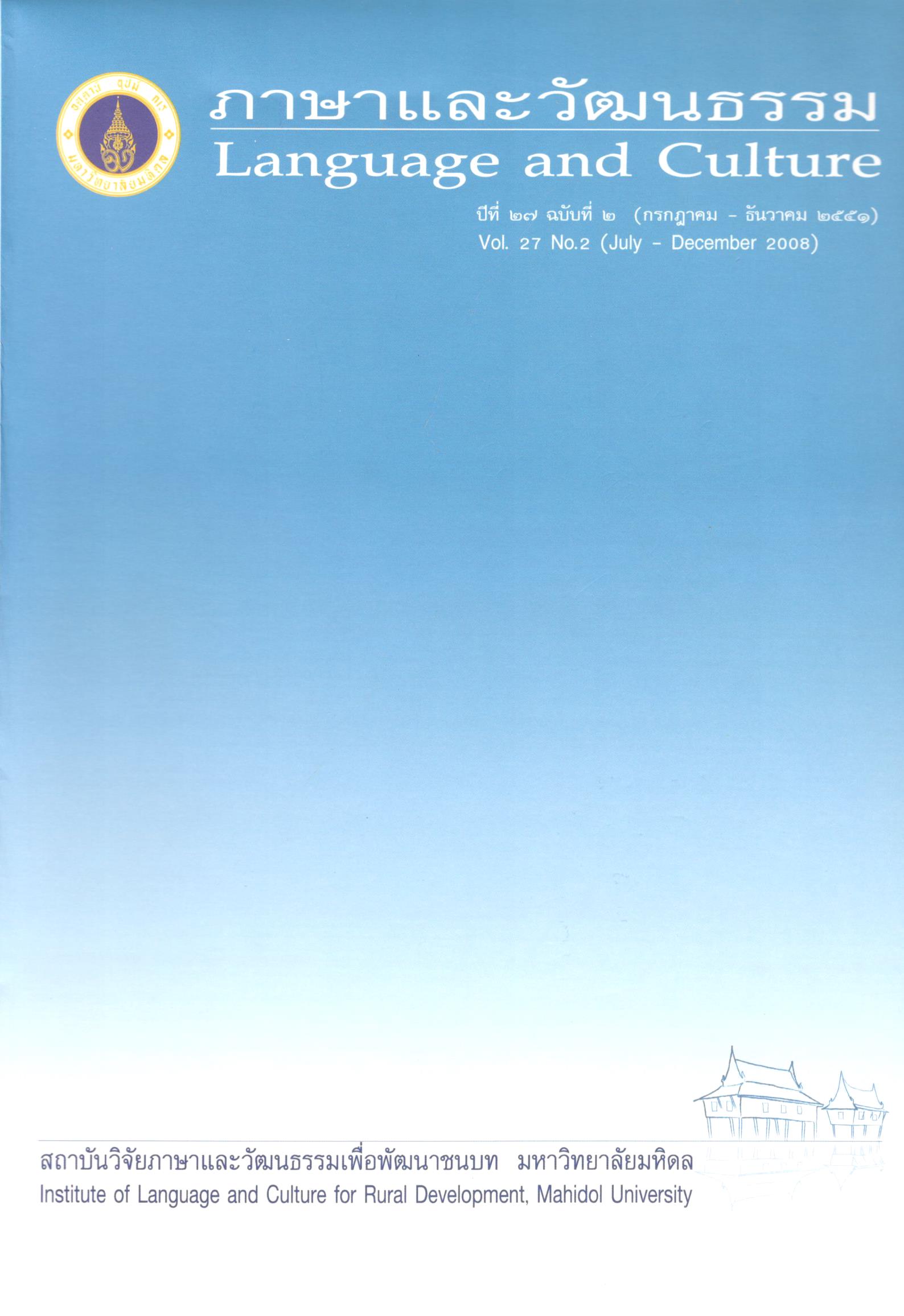A Comparative Study on Long-Term Vocabulary Recall: Word Lists and Vocabulary Trainer
Main Article Content
Abstract
This study was conducted in order to examine recall rates on previously learned vocabulary. The 2 methods investigated were word lists for exams and a vocabulary trainer using flashcards. In order to gain better insights in the effectiveness of these methods participants were tested for both treatments in a repeated measure design over a period of 6 moths. The main focus was on recall rates for previous recall failures. Results show significantly higher recall scores for the vocabulary trainer-method at every stage. The gap in recall scores between both methods was most noteworthy in the field of never accurately recalled items. Percentages of omission errors were also remarkably higher on word lists, though by a smaller margin. However, the gap in interference errors was less significant. The implementation of special mistake review sessions after the previous trial, an indispensable element of the vocabulary trainer-method, appears to have influenced the differences. The conscious raising effect of self-production of cards for test items seem to have contributed to the outcome as well. Based on the findings individual adaptations for vocabulary learning strategies could be advisable.
Article Details
How to Cite
Krey, T. (2014). A Comparative Study on Long-Term Vocabulary Recall: Word Lists and Vocabulary Trainer. Journal of Language and Culture, 27(2), 41. retrieved from https://so03.tci-thaijo.org/index.php/JLC/article/view/21576
Section
Research Articles
The articles featured in the Journal of Language and Culture (JLC) constitute academic works representing the viewpoints of the respective author(s). It is crucial to note that these opinions do not necessarily reflect those of the Editorial Board.
All articles published in JLC are released under the Creative Commons Attribution 4.0 International License (CC BY 4.0). This license grants permission for unrestricted use, distribution, and reproduction in any medium, provided proper credit is given to the original author(s) and the source.


